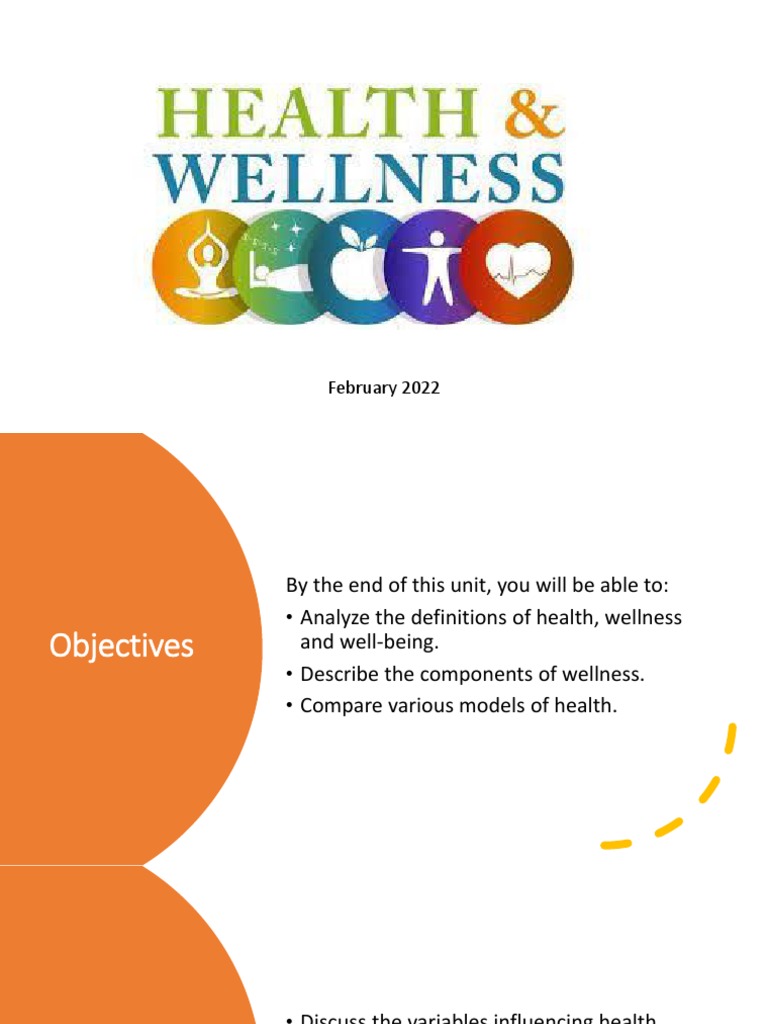The teachings of the Bahá’í Faith extend beyond dogma and ritual practices to encompass a profound philosophy on health and wellness. This perspective integrates the spiritual, physical, and emotional dimensions of human existence into a harmonious framework. Central to the Bahá’í teachings is the belief that health is akin to a well-tuned instrument, requiring attention to all aspects of life in order to produce a melodious symphony.
At the heart of Bahá’í philosophy lies the understanding that human beings are not merely physical entities; rather, they are intricate composites of body, mind, and spirit. The interplay among these dimensions forms the crux of true well-being. The Bahá’í teachings posit that neglecting any one aspect can cause discord and disarray in the others. For instance, cultivating spiritual nourishment through prayer and meditation enables individuals to face life’s vicissitudes with resilience, while also playing a vital role in maintaining physical health.
The Bahá’í perspective on wellness is deeply intertwined with the concept of unity. It emphasizes the interdependence of humanity, suggesting that individual health is inseparable from collective well-being. The metaphor of the human body serves to illustrate this interconnectedness; just as every organ contributes to the overall functioning of the body, every individual contributes to the collective health of society. This holistic viewpoint motivates Bahá’ís to engage in communal activities promoting physical fitness, mental health, and spiritual growth.
Moreover, Bahá’í teachings advocate for an educated approach to health, emphasizing the importance of understanding the laws of nature and the body. For example, Abdu’l-Bahá, a prominent figure within the Faith, encouraged adherents to seek medical knowledge and to participate actively in the promotion of scientific inquiry. Such advocacy fosters a culture where health is approached with a sense of discernment, combining traditional practices with modern medical advancements.
In addressing the physical dimension, the Bahá’í teachings articulate the significance of proper nutrition and exercise. Just as a garden requires care and attention, so too does the human body. The nourishment of physical health can be likened to the watering and tending of plants that blossom under the right conditions. Encouraging a balanced diet rich in nutrients, combined with regular physical activity, supports the vital processes of the body, enhancing not only physical well-being but also mental acuity.
Equally important is the emotional aspect of health that Bahá’í teachings underscore. The cultivation of virtues such as patience, forgiveness, and gratitude equips individuals to navigate emotional challenges effectively. These virtues are akin to the fertile soil from which emotional resilience can blossom. The spiritual practices within the Bahá’í community foster an environment where individuals can practice emotional well-being, encouraging constructive dialogue and shared experiences that can mitigate feelings of isolation and despair.
Furthermore, the teachings of Bahá’u’lláh advocate for the pursuit of knowledge and wisdom, serving as guiding stars on the journey toward holistic health. Intellectual cultivation stimulates the mind and encourages individuals to engage with their surroundings critically. In this way, spiritual and intellectual growth are inextricably linked, forming a solid foundation upon which a vibrant, healthy life can be constructed.
In exploring the realms of mental wellness, the Bahá’í approach encourages the practice of reflection and self-examination. Journaling and meditation are regarded as essential tools for fostering a deeper understanding of one’s thoughts and emotions. This reflective practice is not simply an exercise in introspection but a pivotal component in discerning one’s purpose and aligning one’s life with spiritual principles. Such alignment reduces life’s mental clutter, allowing clarity and peace to flourish.
Moreover, the communal aspect of the Bahá’í teachings brings to light the necessity of social support in maintaining health. Collaborating with others can amplify personal efforts, providing an additional layer of encouragement. In Bahá’í communities, individuals are often engaged in service to others, which, paradoxically, enhances their own emotional satisfaction and health. This reciprocal relationship between service and wellness illustrates a fundamental truth: humanity thrives in unity, and individual health contributes to the collective spirit.
The Bahá’í perspective on health and wellness also emphasizes the importance of moderation, cautioning against excess in all forms. This principle serves as a guiding compass, directing individuals toward balance—the delicate equilibrium in which physical, emotional, and spiritual health coexist harmoniously. An excess of indulgence, whether in food, emotion, or distraction, creates dissonance in life’s overarching melody.
Lastly, the ultimate goal of health in the Bahá’í Faith transcends mere physical or mental well-being; it aspires toward a spiritual awakening. True wellness encompasses the elevation of the soul, fulfilling the overarching purpose of life itself. As individuals strive for improvement and greater health, they simultaneously contribute to the unfolding of a unified, peaceful world. Each act of self-care reverberates, impacting not only the individual but the larger community, cascading in waves that promote collective flourishing.
In conclusion, the Bahá’í teachings present a multifaceted approach to health and wellness, integrating body, mind, and spirit into a harmonious whole. By embracing a holistic perspective, individuals can cultivate their well-being and, in turn, enrich the collective health of humanity. Much like a symphony, a well-lived life requires the interplay of various notes—each contributing to an exquisite masterpiece that resonates deeply with the human experience. Thus, the journey toward health becomes not just a personal endeavor, but a shared aspiration towards a radiant future.
